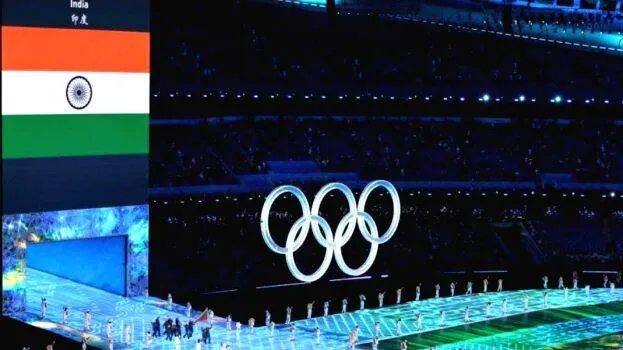

The curtains are up for a new chapter in Indian sports with the new National Sports Regulatory Bill, which aims to bring transparency and regulation to sports. Despite having adequate infrastructure and ample talent, India often stumbled in international sports due to shortcomings in sports governance. Although there have been previous attempts to overhaul the sector, this is the first time that a comprehensive approach to the legal system has been taken. Union Sports Minister Mansukh Laxmanbhai Mandaviya claims the Sports Bill to be the biggest reform implemented in Indian sports since Independence.
The bill is expected to help ensure accountability, fairness and good governance in sports federations.
A transparent, accountable and world-class sports system is India’s best bet to host the 2036 Olympics. The bill is important in the formation of the National Sports Board (NSB) to regulate the sports sector. Sports federations need the approval of the NSB to get government funds. The board will have the power to cancel the recognition of federations on the grounds of auditing irregularities and electoral irregularities. The bill also provides for a National Sports Tribunal with the powers of a civil court. All federations and athletes will come under the jurisdiction of the tribunal. The decisions of the tribunal can be questioned only in the Supreme Court.
When the bill was introduced in Parliament on July 23, it was stipulated that all sports federations using the name 'India' or 'Indian' would come under the National Sports Board. With this, it was expected that the Board of Control for Cricket in India(BCCI), the most financially powerful body in the country, would also be under the ambit of NSB. However, the bill was passed in the Lok Sabha with amendments brought by the government itself to exclude cricket. Along with the amendment that the Right to Information Act would apply only to institutions that depend on government funding or support, the bill was passed with the amendment that sports federations can register under the Societies Act of the states to get recognition. The Board of Control for Cricket in India is registered under the Tamil Nadu Societies Registration Act, 1975.
The Lok Sabha has also passed the National Anti-Doping Amendment Bill, which ensures autonomy of the National Anti-Doping Agency (NADA). The World Anti-Doping Agency opposed the National Anti-Doping Board, which was set up under the Act passed in 2022, to regulate the National Anti-Doping Agency. The amended bill retained the Anti-Doping Board but changed the rules so that it could not regulate 'NADA'. The bill was passed by voice vote without discussion in the Lok Sabha due to the volatile political atmosphere. Unfortunately, the opposition's demand to refer the matter to a subject committee of Parliament was not considered, as the government feared it would affect the sports sector of the country comprehensively. Once the new bill becomes law, a comprehensive change should be seen in the national sports sector. Apart from the central government's attempt to bring sports associations under control, the provisions of the bill should also be used to ensure transparent and corruption-free sports governance.